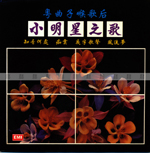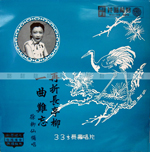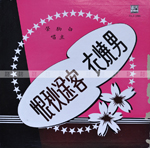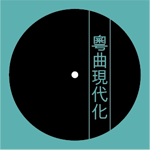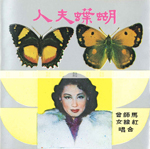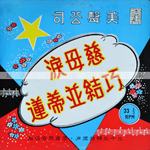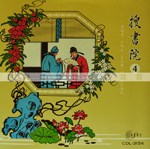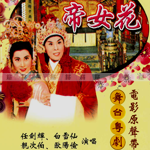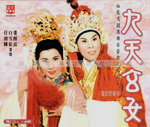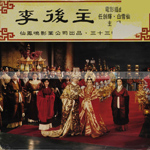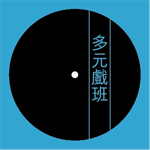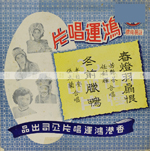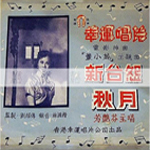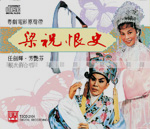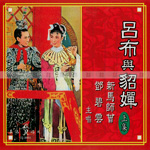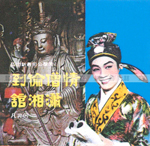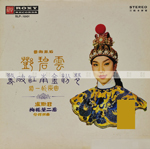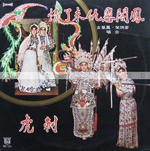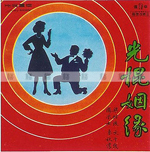Since the early twentieth century, Hong Kong has always been an important venue for Cantonese opera development. After 1949, as a result of political turmoil in the Mainland, performers and troupes converged and resettled in the territory, leading to a tremendous prospering of Cantonese opera in the subsequent decade. This development is linked intimately with the rise of the electronic media.
Performers and troupes began to grasp the possibilities offered by film and radio to re-examine age-old performance practices with regard to acting, singing, script writing, instrumentation, and stage set-up. They brought in novel elements from the theatre and movie world, and participated in the production of films and records. With these acts, they are extending the movement to modernize Cantonese opera that began in the 1930s.
Wong Jum-sum was thoroughly immersed in the world of Cantonese opera from young. Through his close encounter with master performers like Hung Sin-nui, Ma Si-tsang, Yam Kim-fai, Pak Suet-sin and Tong Dik-sang, he witnessed first hand the modernization of Cantonese opera, and was mightily moved by the adventure and passion he saw.
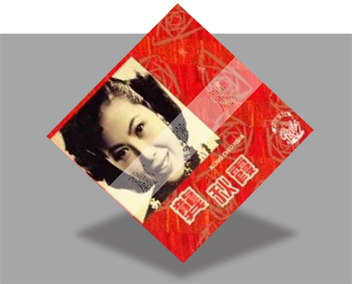

作曲:侯湘(李厚襄)
作詞:黎平(陳歌辛)
主唱:龔秋霞
我們的家庭多安詳
平靜美麗像天堂
你是朵幸福的花兒
在春風中愉快的生長
祝福你呀小人兒
祝福你愉快的生長
多少的新衣為你裁
多少的道路為你開
一路上不會有障礙
從南到北好自在
祝福你呀小人兒
祝福你路上沒有障礙
像魚兒在水中央
任意在浮沉來往
像那鳥兒在天空裡
盡情的低飛高翔
祝福你呀小人兒
祝福你自由的生長
祝福你 祝福你

